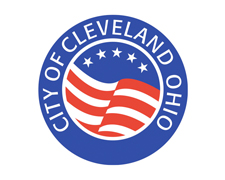Why Do So Many Blues Musicians Have The Nickname “Little?”
You’ve heard the expression, ask a stupid question, get a stupid answer.
Well, ask several stupid questions, and get several stupider answers.
Case in point:
Q: Why do so many blues musicians, like Little Milton, etc., have the nickname “Little?”
A: Because many blues musicians are descended from Oompa-Loompas.
Blues music actually began with Oompa chocolate workers singing improvised spirituals bemoaning the harsh, sweatshop-like conditions in Willy Wonka’s factory, or as many of the Loopa bluesmen tagged it, “Stickyfingers Hell.”
Some of the early pioneers of the artform, Little Willy Bigbrows, Howlin’ Tangerine and Jimmy “Greenhair” Doggins, are oddly ignored by many blues historians, despite a rich legacy that includes such ground-breaking tracks as “Ain’t Gonna Work At Wonka’s Factory No Mo’,” “Got the Can’t Reach the Top O’ The Golden Wrapper Table Blues,” and “My Uniform Stockin’s is Striped ‘Cause I’m Doin’ Time.”
Q: In the Eagles song “Take It Easy,” what is meant by the lyric, “I’m just drivin’ down the road / tryin’ to loosen my load?”
A: Glenn Frey should’ve included more prunes in his diet.
Q: What’s A Cautionary Tale?
A: Cautionary tales were first introduced by the little-known Duke of Cautionary in the 1300s and were later stolen by Geoffrey Chaucer, who published “The Cautionary Tales,” a century later. Perhaps in a bit of karmic justice, Chaucer’s tome of pilfered stories was a flop, but it led him to work harder on his next book, which became “The Canterbury Tales.”
Still, his work on “Cautionary” wasn’t entirely unappreciated, as the tales themselves were appropriated by parents everywhere, and one was even used by director Eddie Murphy as inspiration for the classic film “Norbit.”








